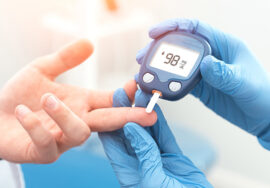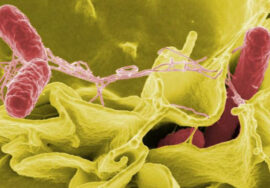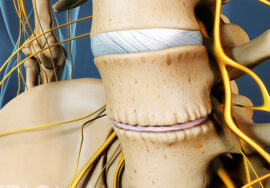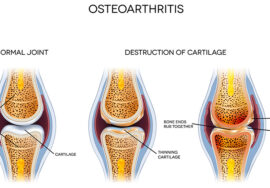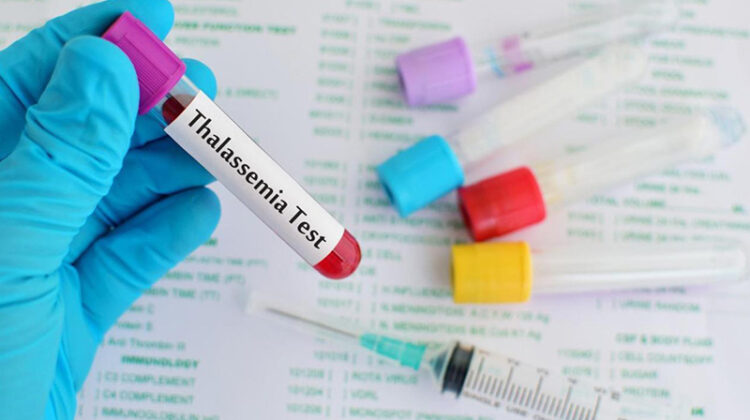
What is Thalassemia?
Thalassemia (thal-uh-SEE-me-uh) is an inherited blood disorder that causes your body to have less hemoglobin than normal. Hemoglobin enables red blood cells to carry oxygen. Thalassemia can cause anemia, leaving you fatigued.
There are 4 types of alpha thalassemia:
- Alpha thalassemia silent carrier.
- Alpha thalassemia carrier.
- Hemoglobin H disease.
- Alpha thalassemia major.
Symptoms
- Fatigue
- Weakness
- Pale or yellowish skin
- Facial bone deformities
- Slow growth
- Abdominal swelling
- Dark urine
How Do I Know If I Have Thalassemia?
People with moderate and severe forms of thalassemia usually find out about their condition in childhood, since they have symptoms of severe anemia early in life. People with less severe forms of thalassemia may only find out because they are having symptoms of anemia, or maybe because a doctor finds anemia on a routine blood test or a test done for another reason.
Because thalassemias are inherited, the condition sometimes runs in families. Some people find out about their thalassemia because they have relatives with a similar condition.
People who have family members from certain parts of the world have a higher risk for having thalassemia. Traits for thalassemia are more common in people from Mediterranean countries, like Greece and Turkey, and in people from Asia, Africa, and the Middle East. If you have anemia and you also have family members from these areas, your doctor might test your blood further to find out if you have thalassemia.
Causes
Thalassemia is caused by mutations in the DNA of cells that make hemoglobin — the substance in red blood cells that carries oxygen throughout your body. The mutations associated with thalassemia are passed from parents to children.
Hemoglobin molecules are made of chains called alpha and beta chains that can be affected by mutations. In thalassemia, the production of either the alpha or beta chains are reduced, resulting in either alpha-thalassemia or beta-thalassemia.
In alpha-thalassemia, the severity of thalassemia you have depends on the number of gene mutations you inherit from your parents. The more mutated genes, the more severe your thalassemia.
In beta-thalassemia, the severity of thalassemia you have depends on which part of the hemoglobin molecule is affected.
Risk Factors
Factors that increase your risk of thalassemia include:
- Family history of thalassemia. Thalassemia is passed from parents to children through mutated hemoglobin genes.
- Certain ancestry. Thalassemia occurs most often in African Americans and in people of Mediterranean and Southeast Asian descent.
Complications
Possible complications of moderate to severe thalassemia include:
- Iron overload
- Infection
- Bone deformities
- Enlarged spleen
- Slowed growth rates
- Heart problems
Prevention
In most cases, you can't prevent thalassemia. If you have thalassemia, or if you carry a thalassemia gene, consider talking with a genetic counselor for guidance if you want to have children.
There is a form of assisted reproductive technology diagnosis, which screens an embryo in its early stages for genetic mutations combined with in vitro fertilization. This might help parents who have thalassemia or who are carriers of a defective hemoglobin gene have healthy babies.
The procedure involves retrieving mature eggs and fertilizing them with sperm in a dish in a laboratory. The embryos are tested for the defective genes, and only those without genetic defects are implanted into the uterus.




